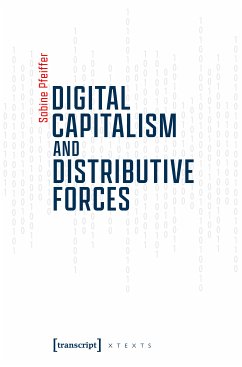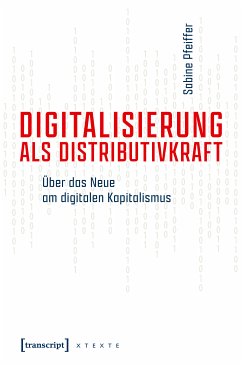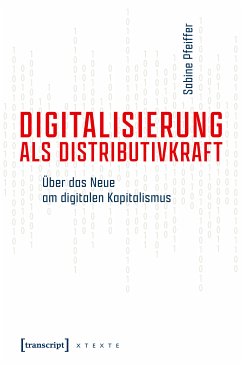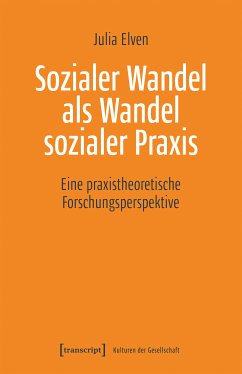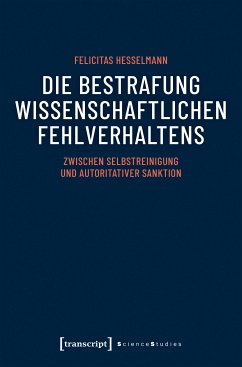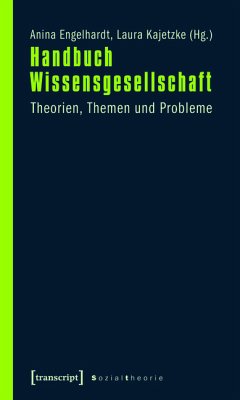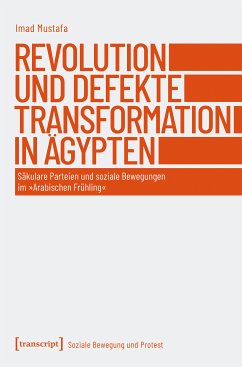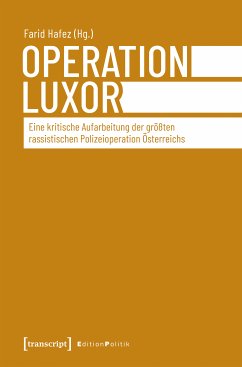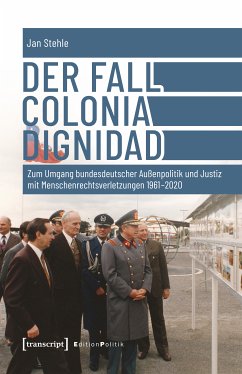
Digital Capitalism and Distributive Forces (eBook, PDF)
Versandkostenfrei!
Sofort per Download lieferbar
0,00 €
inkl. MwSt.
Weitere Ausgaben:

PAYBACK Punkte
0 °P sammeln!
Are robots taking away our jobs? Those who ask this question have misunderstood digitalisation - it is not an industrial revolution by other means. Sabine Pfeiffer searches for the actual novelties brought about by digitalisation and digital capitalism. In her analysis, she juxtaposes Marx's concept of productive force with the idea of distributive force. From the platform economy to artificial intelligence, Pfeiffer shows that digital capitalism is less about the efficient production of value, but rather about its fast, risk-free, and permanently secured realisation on the markets. The examin...
Are robots taking away our jobs? Those who ask this question have misunderstood digitalisation - it is not an industrial revolution by other means. Sabine Pfeiffer searches for the actual novelties brought about by digitalisation and digital capitalism. In her analysis, she juxtaposes Marx's concept of productive force with the idea of distributive force. From the platform economy to artificial intelligence, Pfeiffer shows that digital capitalism is less about the efficient production of value, but rather about its fast, risk-free, and permanently secured realisation on the markets. The examination of this dynamic and its consequences also leads to the question of how destructive the distributive forces of digital capitalism might be.
Dieser Download kann aus rechtlichen Gründen nur mit Rechnungsadresse in A, D ausgeliefert werden.




